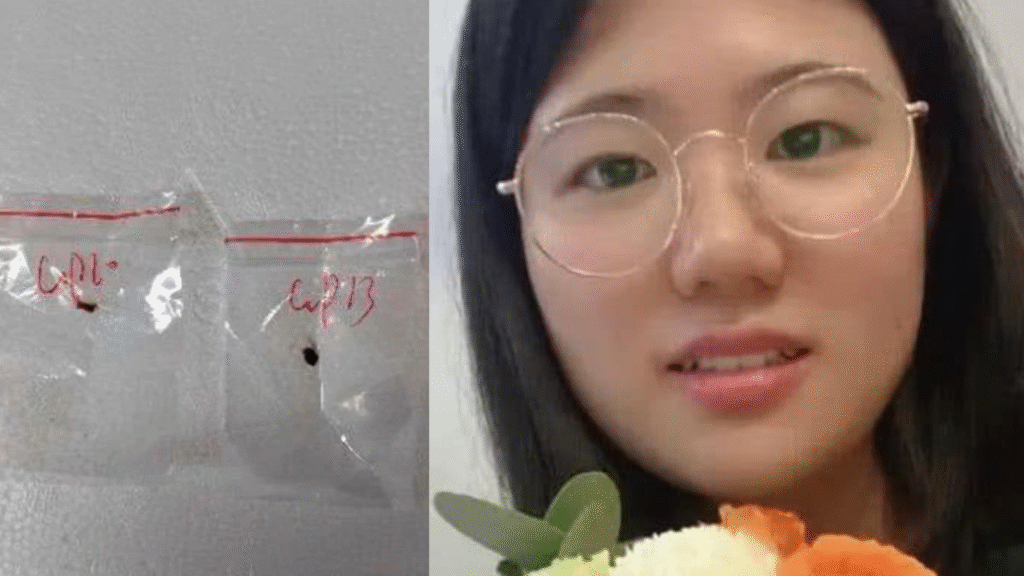
FBI has arrested a Chinese scientist at Detroit Metropolitan Airport over the weekend in a case involving the alleged smuggling of biological material into the United States, federal authorities confirmed Monday.
This is the second such case involving Chinese scientist with smuggling biological material in recent days, prompting renewed scrutiny of research-related travel and biological imports.
According to a federal court filing, the scientist—who remains unnamed—was taken into custody on Sunday after arriving on a flight from China. She is currently a student pursuing an advanced degree at Huazhong University of Science and Technology in Wuhan and had planned to spend a year conducting research at the University of Michigan.
Authorities allege that the scientist had previously shipped biological materials—specifically, samples related to certain worms—to colleagues at a University of Michigan laboratory.
The FBI emphasized that such material is regulated and requires proper government permits to be legally imported into the U.S. The alleged shipments, intercepted by customs agents last year and again earlier this year, included samples concealed inside an envelope that was hidden within a book.
In its complaint, the FBI did not specify whether the biological material posed any direct threat to public health. However, the agency stated that the scientist had bypassed standard protocols, undermining biosecurity and academic integrity.
John Nowak, director of field operations at U.S. Customs and Border Protection, stressed the importance of compliance: “The guidelines for importing biological materials into the U.S. for research purposes are stringent but clear. Actions like this undermine the legitimate work of other visiting scholars who follow the law.”
The scientist remains in federal custody and is scheduled to appear in court for a bond hearing on Wednesday. Prosecutors have not disclosed whether additional charges are being considered but indicated that the investigation remains active.
U.S. Attorney Jerome Gorgon Jr. commented on the broader significance of the case: “Smuggling biological material into the United States—whether or not it is inherently dangerous—threatens our security and violates our trust in international academic cooperation.”
While the criminal complaint focuses on regulatory violations, some scientists have suggested the material involved may not be hazardous. Michael Shapira, a biologist at the University of California, Berkeley, who reviewed the court filing, noted, “It doesn’t strike me as something that is dangerous in any way. But there are rules to ship biological material, and those rules exist for good reason.”
This case follows a related incident just days earlier, when federal prosecutors charged two Chinese scientists with conspiring to smuggle a toxic fungus into the country.
One of those individuals was previously turned away at the Detroit airport and sent back to China in 2024, while the second scientist—already conducting research at the University of Michigan—was arrested and is currently in custody.
The two back-to-back cases have prompted renewed attention to the protocols surrounding academic exchanges and international research partnerships, particularly as they pertain to biological sciences.
U.S. officials have emphasized that while international collaboration is welcome and often critical to scientific advancement, all foreign researchers must abide by federal laws governing the transport and handling of potentially sensitive materials.
Both the FBI and U.S. Customs and Border Protection have indicated they will continue to monitor academic shipments and travel closely, especially those involving materials that could be considered biohazards or fall under international biosecurity protocols.
As the bond hearing approaches, the scientific community and policymakers alike will be watching closely to see how the case develops—and what it might mean for future cooperation between U.S. institutions and Chinese research partners.

